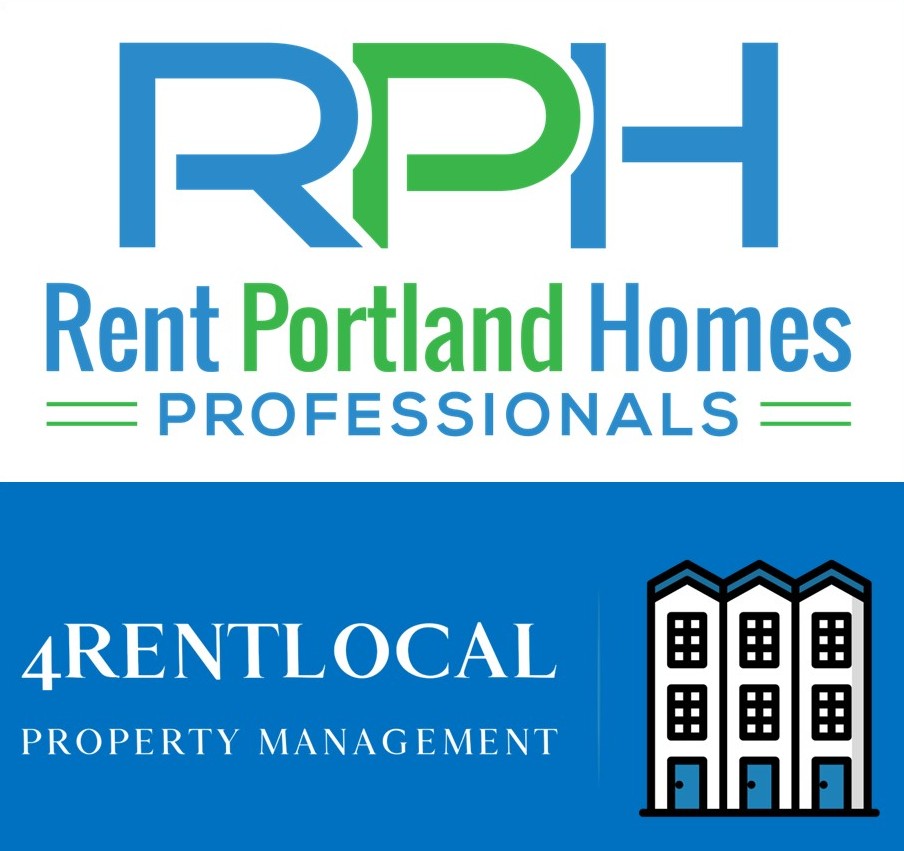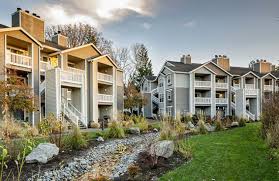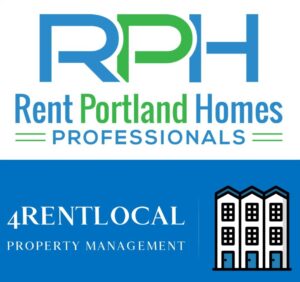The Benefits of an Inclusive Pet Policy: Enhancing Tenant Satisfaction and Attracting Responsible Pet Owners
As a property manager, one of the key decisions you’ll have to make is whether to implement a pet policy in your rental properties.
While some landlords may be hesitant to allow pets due to concerns about damage or noise, an inclusive pet policy can actually bring numerous benefits. In this article, we will explore the advantages of having an inclusive pet policy and how it can enhance tenant satisfaction while attracting responsible pet owners to your property.
The benefits of having an inclusive pet policy
An inclusive pet policy can significantly improve tenant satisfaction. Many individuals and families consider their pets as integral members of their households, and being able to live with their furry companions can greatly enhance their overall quality of life. By allowing pets, you are opening up your rental properties to a larger pool of potential tenants, increasing your chances of finding reliable and responsible individuals who will treat your property with respect.
Additionally, a pet-friendly policy can lead to longer lease tenures. Tenants with pets often face challenges finding suitable rentals, and when they do find a pet-friendly property, they are more likely to stay for extended periods. This can reduce turnover rates and the costs associated with vacancy periods, ultimately boosting your bottom line.
Enhancing tenant satisfaction with a pet-friendly policy
Implementing a pet-friendly policy can create a positive living environment for your tenants. Pets provide companionship, reduce stress, and promote mental well-being. Allowing tenants to have pets in your rental properties can contribute to a sense of community and foster positive relationships between neighbors. It can also create a more welcoming and inclusive atmosphere, leading to happier and more satisfied tenants.
Furthermore, a pet-friendly policy can encourage tenants to take better care of your property. Responsible pet owners are more likely to be responsible tenants, as they understand the importance of maintaining a clean and well-maintained living space for both themselves and their pets. They are also more likely to comply with the terms of the lease, including adhering to noise regulations and properly disposing of waste. This can result in fewer property damages and a reduced need for costly repairs.

Attracting responsible pet owners to your property
By implementing an inclusive pet policy, you can attract responsible pet owners to your property. These individuals are often dedicated to the well-being of their pets and are more likely to be respectful of your property and considerate of their neighbors. Responsible pet owners understand the importance of properly training and socializing their pets, reducing the risk of disruptive behavior or aggression.
To further attract responsible pet owners, consider offering pet-friendly amenities and services. This can include designated pet areas, such as dog parks or pet washing stations, as well as access to nearby walking trails or pet-friendly businesses. By providing these additional features, you are showcasing your commitment to the well-being of both your tenants and their pets, setting your property apart from others in the market.
How to create an inclusive pet policy as a property manager
Creating an inclusive pet policy as a property manager requires careful consideration and planning. Here are some steps to guide you in the process:
- Research local regulations: Familiarize yourself with local laws and regulations regarding pet policies in rental properties. Some areas may have specific requirements or restrictions that you need to adhere to.
- Set clear guidelines: Establish clear guidelines for pet ownership, including size restrictions, breed limitations (if applicable), and the number of pets allowed per unit. Clearly communicate these guidelines to potential tenants to avoid any misunderstandings.
- Require pet deposits or fees: Implement a pet deposit or fee to cover any potential damages caused by pets. This will help protect your property while also providing an incentive for tenants to be responsible pet owners.
- Create a pet agreement: Develop a pet agreement that outlines the expectations and responsibilities of pet owners. This can include rules for pet behavior, waste disposal, and noise control. Make sure tenants understand and sign this agreement before allowing pets on the property.
- Regular inspections and maintenance: Conduct regular inspections to ensure that tenants are adhering to the pet policy and that there are no damages or issues caused by pets. Promptly address any maintenance or cleanliness concerns to maintain a safe and comfortable living environment for all tenants.
Pet-friendly amenities and services for tenants
To enhance the appeal of your pet-friendly property, consider offering the following amenities and services:
- Designated pet areas: Create designated areas, such as dog parks or pet relief stations, where tenants can safely exercise and socialize their pets.
- Pet washing stations: Install pet washing stations on-site, providing tenants with a convenient and hygienic space to groom their pets.
- Access to nearby pet-friendly businesses: Identify and promote nearby businesses, such as pet stores, veterinary clinics, and grooming salons, that welcome pets. This can help tenants easily access necessary services for their pets.
- Walking trails or paths: If possible, provide access to nearby walking trails or paths where tenants can enjoy outdoor activities with their pets.

Addressing concerns and managing risks with a pet policy
While implementing a pet policy can bring numerous benefits, it’s essential to address concerns and manage risks effectively. Here are some strategies to consider:
- Screen tenants and their pets: Conduct thorough tenant screenings, including background checks and references, to ensure that potential tenants are responsible pet owners. Consider requesting information about their pet’s behavior, training, and vaccination history.
- Insurance coverage: Consult with your insurance provider to ensure that you have adequate coverage for potential pet-related incidents or damages. This can help protect your property and mitigate financial risks.
- Noise control measures: Clearly communicate noise regulations to tenants and set expectations for pet owners to prevent excessive noise disturbances. Address noise complaints promptly and enforce consequences for repeated violations.
- Regular inspections: Conduct regular inspections to identify any damages or issues caused by pets. Promptly address and document any necessary repairs or maintenance.
Resources for implementing a pet policy in property management
If you’re looking for additional guidance and resources on implementing a pet policy in property management, consider the following:
- Local animal control or pet advocacy organizations: Reach out to local organizations that specialize in animal welfare or pet policies. They can provide valuable insights and resources to help you create an effective and responsible pet policy.
- Industry associations and forums: Join industry associations or participate in online forums dedicated to property management. These platforms often provide valuable advice and best practices from experienced professionals.
- Legal professionals: Consult with legal professionals who specialize in property management to ensure that your pet policy complies with local laws and regulations. They can also help you draft pet agreements and provide guidance on liability and risk management.

The value of an inclusive pet policy for property managers and tenants
Implementing an inclusive pet policy in your rental properties can bring numerous benefits for both property managers and tenants. It enhances tenant satisfaction, attracts responsible pet owners, and creates a positive living environment. By following the steps outlined in this article and utilizing available resources, you can create a pet-friendly property that stands out in the market and fosters long-term tenant relationships. Embracing an inclusive pet policy can truly be a win-win situation for everyone involved.
At 4 Rent Local, our property management team has decades of combined property management experience including creating pet policies.
To learn more about the services we can offer you, contact us today by clicking here, or calling (503) 447-7788.






































